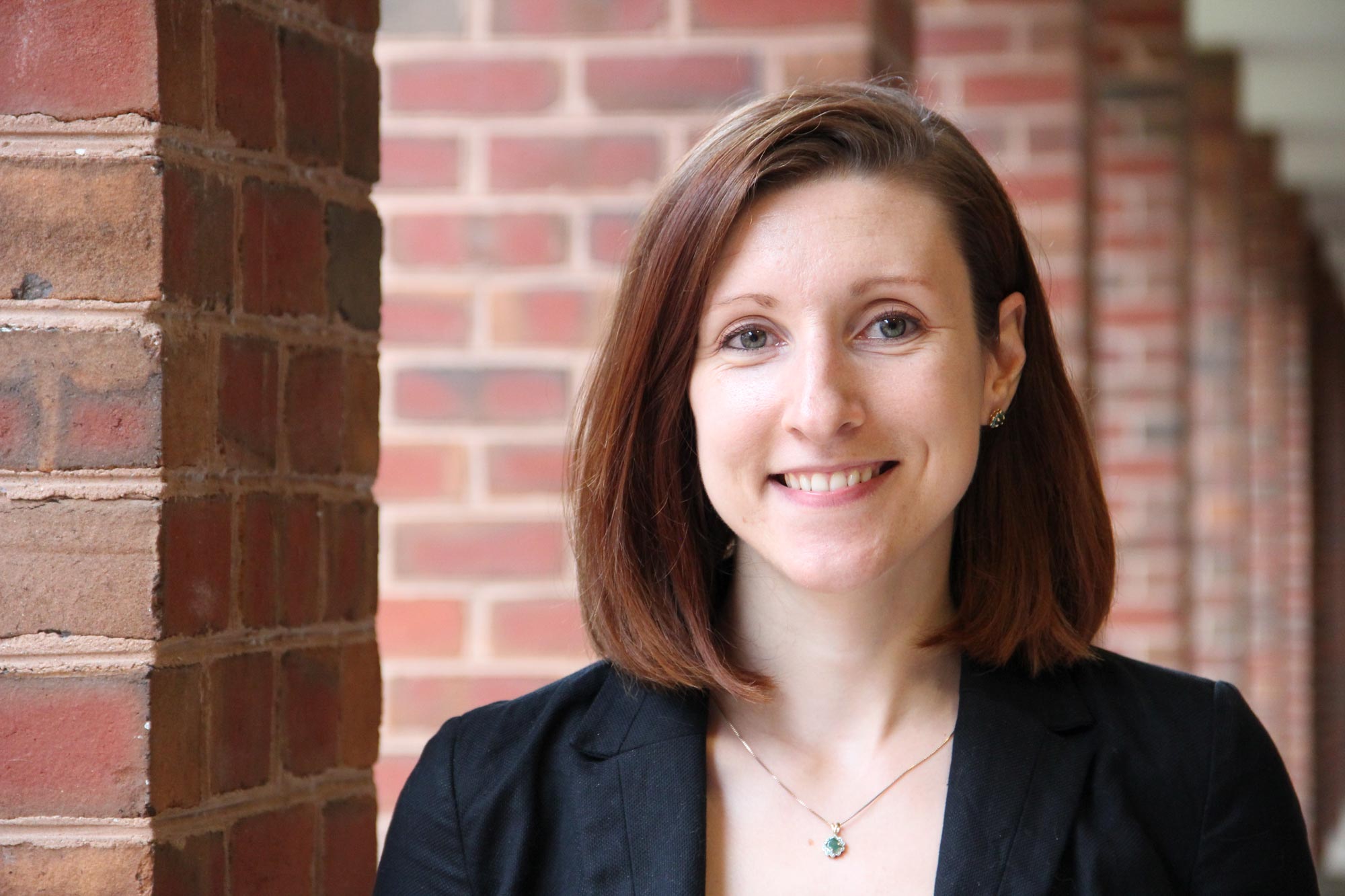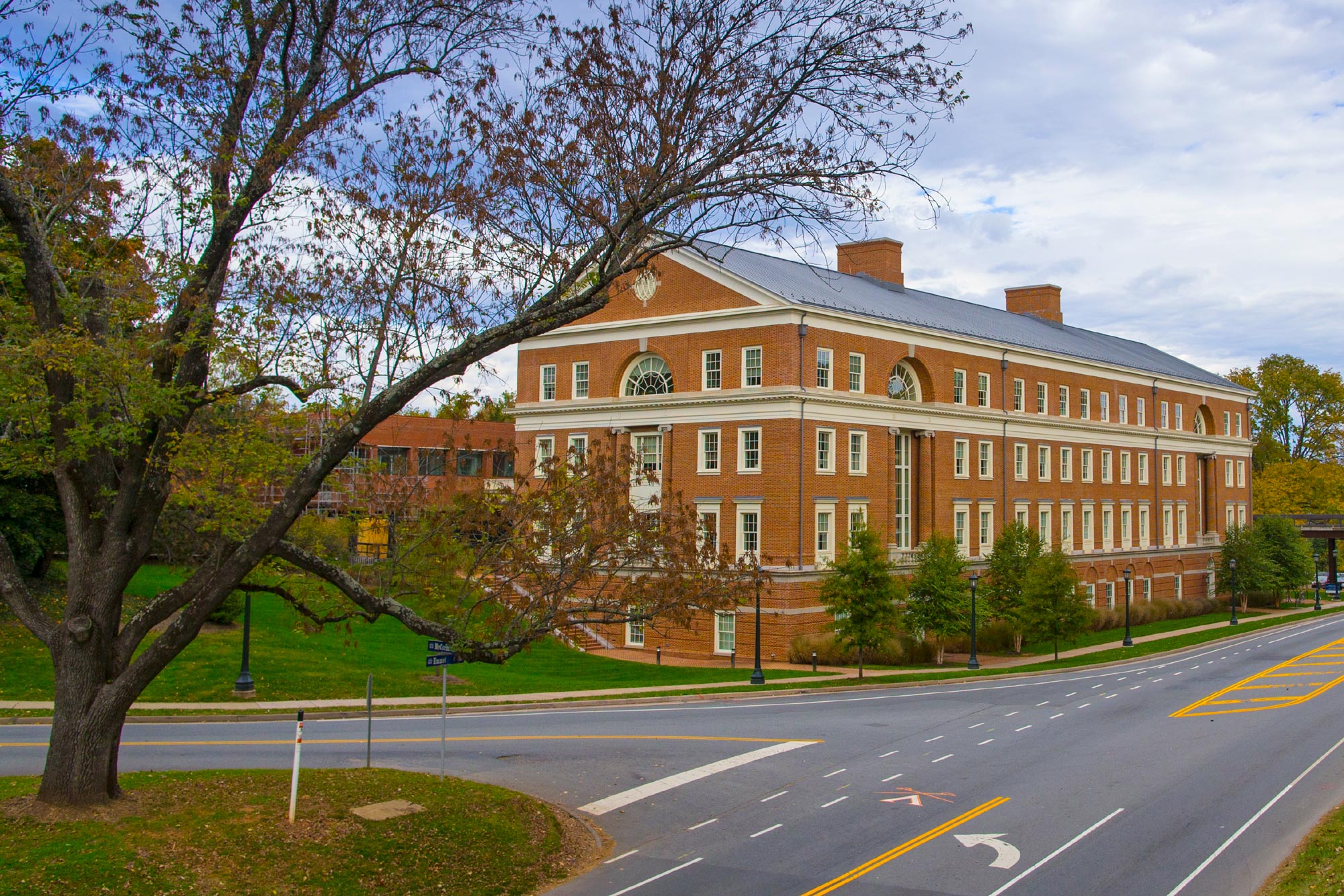An autism diagnosis is the beginning of a long journey for individuals and their families.
“When individuals first receive a diagnosis, they or their families can oftentimes feel very isolated,” said Rose Nevill, research assistant professor of education at the University of Virginia’s Curry School of Education and Human Development. “It is often something they don’t know much about.”
To offer much-needed resources and information to individuals and families, UVA’s Supporting Transformative Autism Research, or STAR, team has launched a unique database that combines information on current research and evidence-based resources available across the state.
The open-source online platform, Autism DRIVE (Data System for Research Integration, Visualization and Exchange), houses a registry of upcoming, ongoing and completed research studies taking place at UVA. Families and self-advocates are also able to review and ultimately choose to participate in studies for which they qualify, participating directly in discovery and the creation of new knowledge about autism.

Rose Nevill is a research assistant professor of education and supports UVA’s Supporting Transformative Autism Research. (Contributed photo)
“We think it is important to present an accessible way for people to engage in research studies about autism because there is so much we still have to learn about,” said Nevill, who directs STAR’s Research Core. “And we really can’t do that unless we are able to engage in large-scale studies that are representative of the broader autism community.”
Participating individuals or guardians complete a 10-minute profile on the Autism DRIVE website and are then contacted about participating in studies that might be a good match for them. New findings from completed research studies will be summarized and posted on the website, keeping families up to date on the latest knowledge.
Autism DRIVE also includes a directory of more than 900 resources relevant to autism from across Virginia. The resources are carefully curated to serve families and adults with autism, as well as professionals serving individuals and families with autism. The resource directory was developed in partnership with the Autism Charlottesville Region Action Group and Cheryl Ribando, a local parent advocate who herself has been curating resource directories for a number of years.
According to Nevill, families are often overwhelmed following a new diagnosis, either because they have to choose from among a number of different intervention options or because recommended interventions are unavailable in their region.
“It is hard to navigate and figure out what resources families should connect with,” Nevill said. “By providing a centralized system through which they can identify resources that are relevant for themselves or for a family member, we can help connect them faster to resources that are important.”
The website provides an interactive search function that includes a map where users can search by location or enter their zip code to search local resources. Resources are also tagged by age range and topic, such as “Adulthood and Transition,” “Family Supports and Parent Training” or “Financial Assistance and Advocacy.”
The resource database also includes upcoming events and trainings. For those in areas of the state where local resources are lacking, the Autism DRIVE includes an ever-expanding online resource library.
“We now have 18 videos of workshops we’ve given, as well as other trainings we have conducted in the community,” Nevill said.
On a Saturday last month, STAR hosted more than 400 people at its first Virginia Autism Hope Summit on the Grounds of UVA. The keynote addresses and panel discussions from the summit were recorded and will also be published on the Autism DRIVE site.
The summit was the first time the Autism DRIVE database was shared with the autism community. The response gave light to the need for this kind of resource.
“We were very excited about the feedback we got at the summit,” Nevill said. “We were really excited to see people immediately saying, ‘Sign me up!’ We came away with 126 names of people who wanted to sign up.”
The hope of the STAR team is that as more individuals and families join Autism DRIVE, more and more discoveries can be made that will improve quality of life for individuals with autism everywhere. Currently, the research projects listed include those being conducted by research teams across the University with support of the STAR team.
For information, visit Autism DRIVE or contact autismdrive@virginia.edu.
Media Contact
Article Information
December 9, 2019
/content/uva-launches-new-resource-site-serve-autism-community

